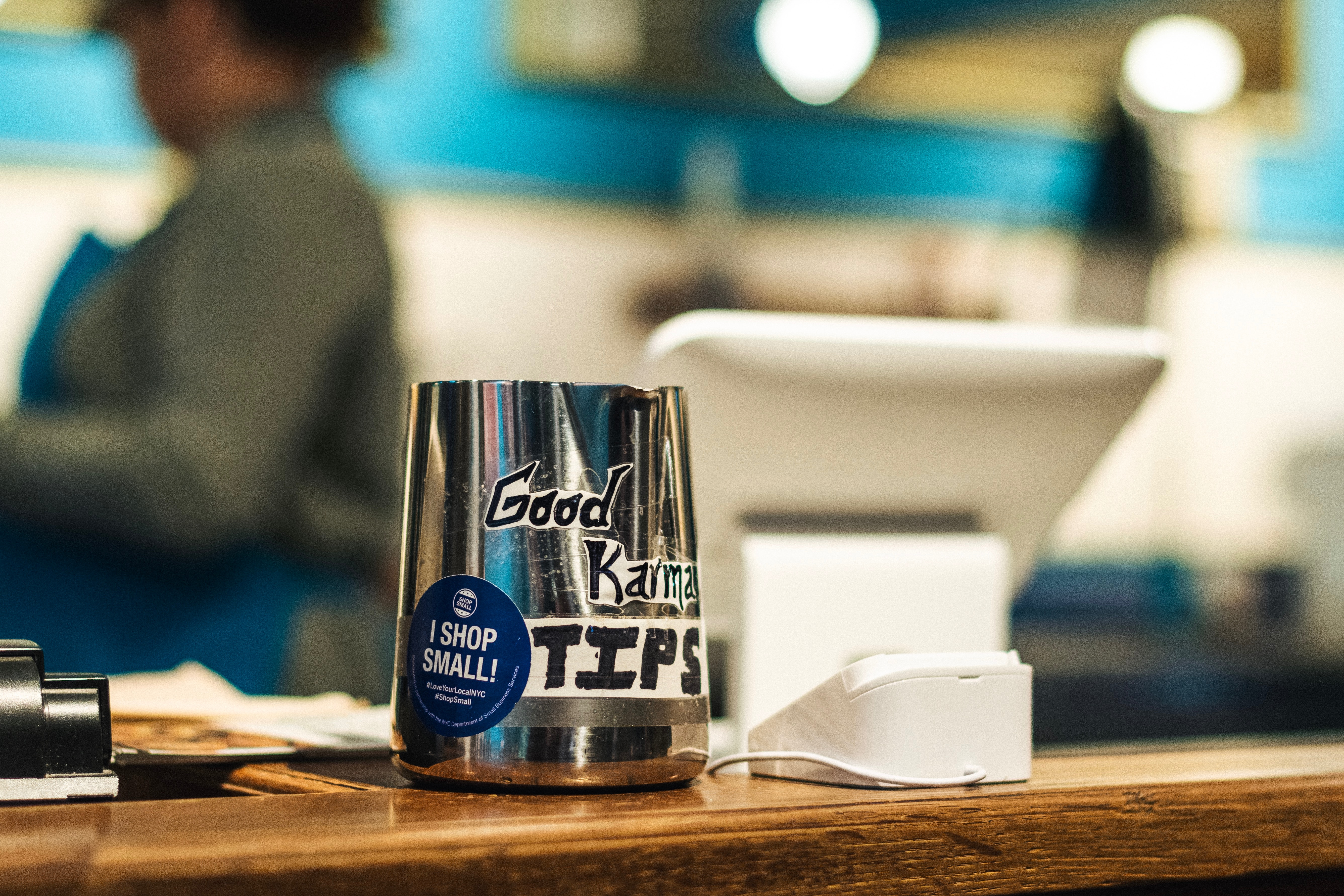
Creating killer applications from student experiences
- July 31, 2019
- Marketing Team
Creating killer applications from student experiences? After all the blood, sweat and tears you poured into your degree, hunting for your first graduate job should be exciting. But for many, the process is extremely nerve wracking.
You assumed entry-level roles would be… well… entry level. But most companies seem to be demanding skills and experience that your stint as a Sainsbury’s checkout assistant doesn’t seem to qualify you for.
The good news is that most employers don’t actually expect you to have industry-specific experience. Instead, they’re looking for transferable skills and abilities. And, with a little bit of know-how, you can create a CV that makes even shelf-stacking look relevant.
 Degree
Degree
Think your degree doesn’t ‘count’ as a source of skills because it’s not a paid job? Wrong. Degrees provide students with all sorts of desirable abilities. If you have limited work experience, play these up!
Most courses have some form of writing component, whether through essays, reports or exams. This same writing ability is an important requirement for many graduate jobs; even accountants can’t send sloppily worded emails to clients! Similarly, those class presentations you aced are uncannily like the pitches many businesses want their employees to be proficient in.
Once you start looking for relevant degree skills, you’ll find them everywhere. That big experiment or dissertation that rounded off your degree? Presumably you had to utilise some serious research skills for it. Took charge of a multi-week group project from conception to completion? Sounds like project management experience to me.
Societies
It doesn’t matter which societies you were part of; your membership alone shows that you can reliably commit to a cause. If you had to train hard for competitions, that’s a perfect example of determination and a desire to hit goals.
Better yet is if you took on a position of responsibility in your club. Student-led societies often give you unique experience in leadership and other high-position skills. Think about how to frame your contribution in a professional-sounding way. If you organised team nights out, talk about your event management skills. If you handled money, present it as experience in finance and budgeting.
 Part-time work
Part-time work
No matter how unrelated being a waiter and a data analyst may feel, having held down any job demonstrates that you have a good work ethic. Even simple things such as showing up on time and acting appropriately show that you have the professionalism companies require of employees.
Moreover, seeing how a real business works gives you a level of commercial awareness. You probably worked in a team (hello, team player!) and you may also have dealt with customers, which requires the same interpersonal skills as dealing with business clients.
Gap years
More students than ever are taking time out to travel. The good news is that, when sold correctly, this can be a beneficial addition to your CV.
Focus on organisational aspects of your trip: planning, managing your time and budget, and taking responsibility for your own itinerary. If you traveled solo, highlight this as an example of your independence and ability to take the initiative.
Many more businesses now have a global outlook, so showing that you used your trip to learn about new cultures, practices and viewpoints will play heavily in your favour. Talk up any language skills you used or picked up, and any volunteering work you took part in.
As for those super-cool activities like mountain climbing or skydiving, you can use those too. Don’t go into detail, but refer to them briefly at the bottom of your CV in order to inject some personality. Kooky facts catch hiring manager’s eyes and create a great conversation starter at interviews. Hopefully these tips helped you on your way to creating killer applications from your student experiences.
Inspiring Interns is a recruitment agency specialising in all the internships and graduate jobs London has to offer.







